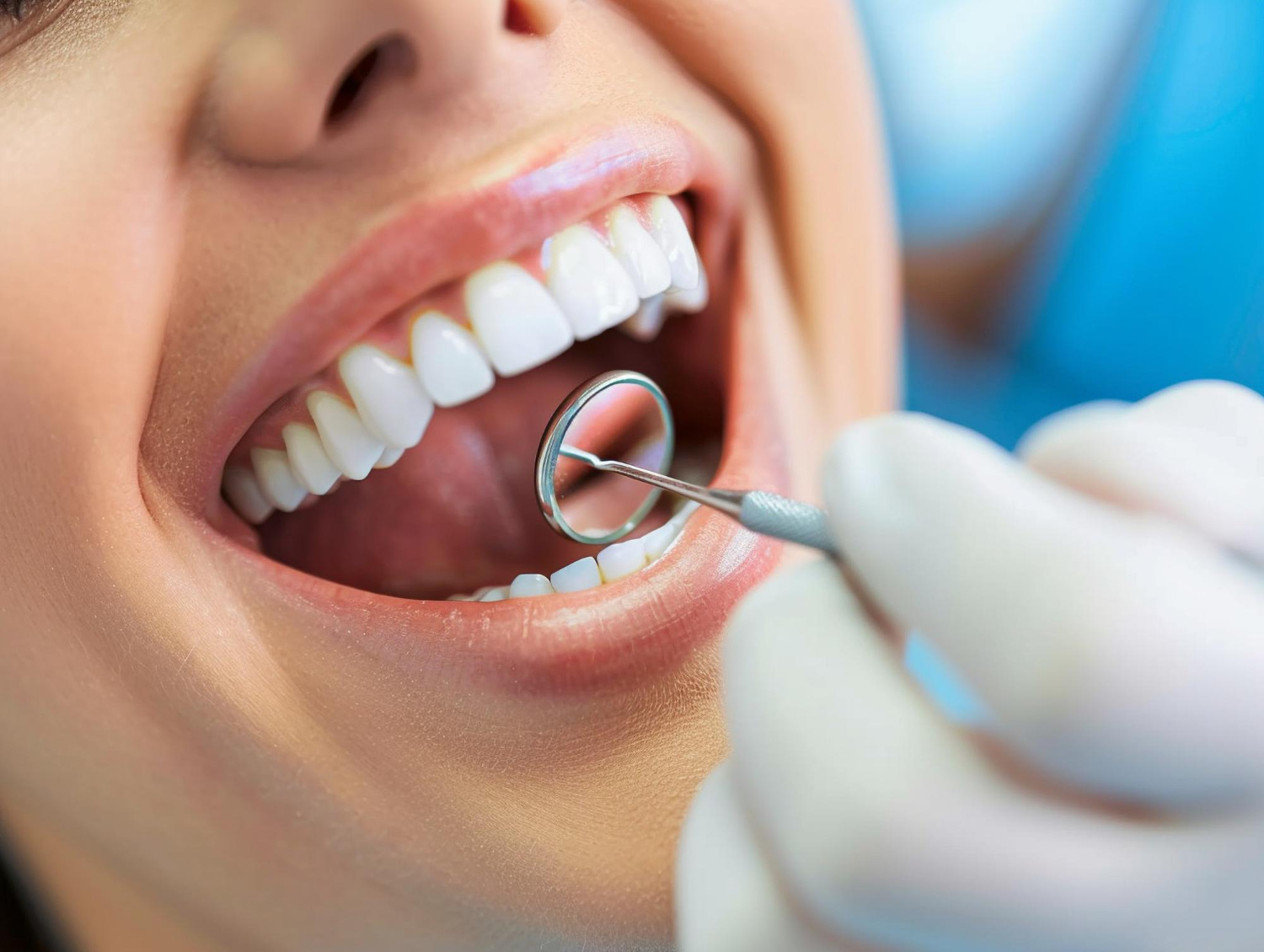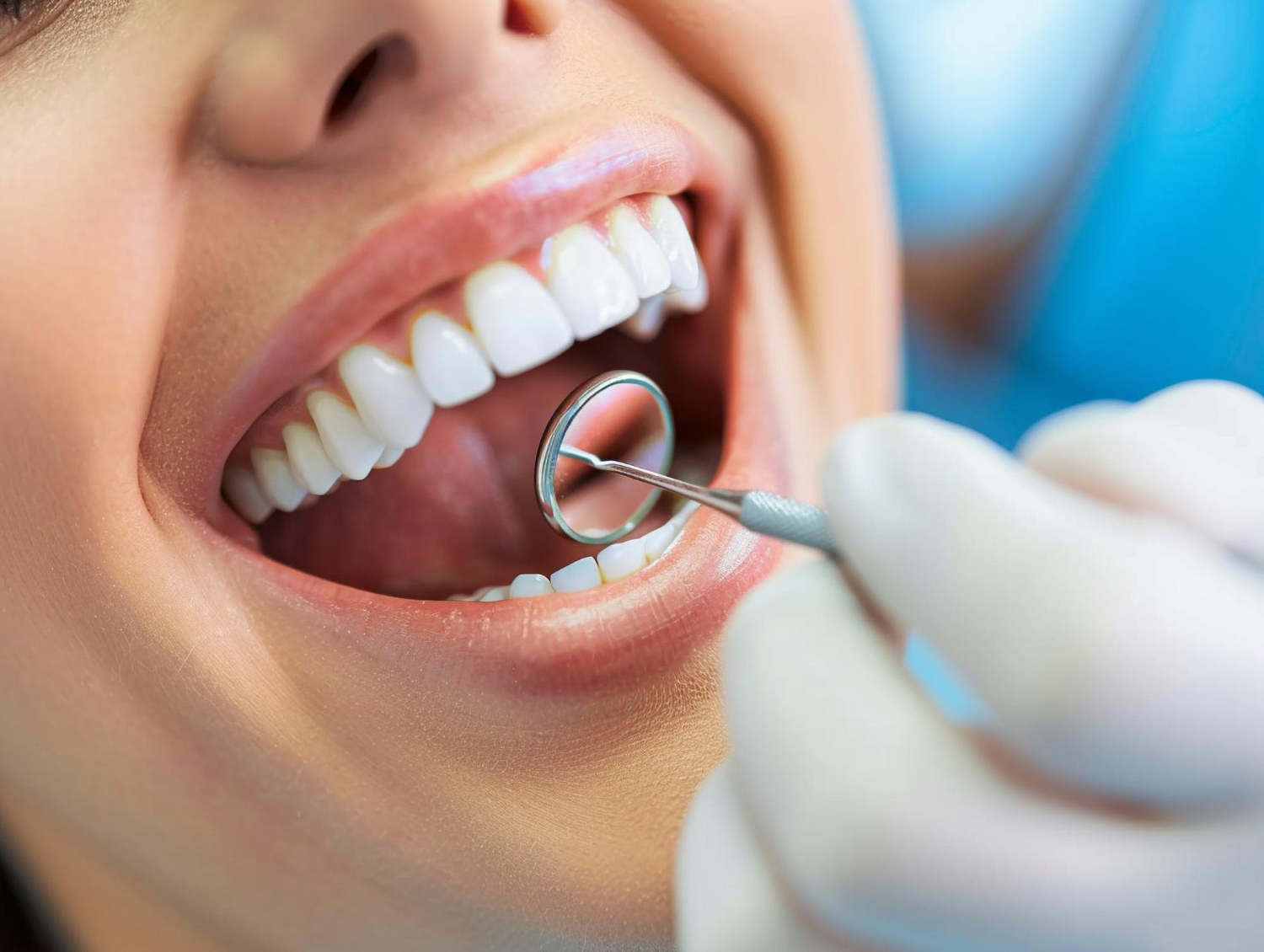Toothaches are not all the same, and the type of pain often reveals what’s happening beneath the surface. For many people, discomfort starts small but quickly escalates into something that requires urgent care. Recognizing patterns in how tooth pain shows up can help patients understand when it’s time to see a dentist before the situation becomes severe.
Sharp Biting Pain That Signals Underlying Structural Damage
A sudden sharp pain while biting into food usually means something deeper than surface sensitivity. This type of discomfort can indicate a fracture or hidden cavity that has weakened the tooth’s structure. Patients often describe it as a shock-like sensation that stops them mid-bite.
When structural issues remain untreated, the damage can spread quickly, leading to larger breaks or infections. Dentists often see patients with this complaint during emergency visits because the pain interferes with eating and worsens suddenly.

Persistent Throbbing That Points to Deep Infection in the Tooth Pulp
Throbbing pain that doesn’t go away typically signals an infection inside the pulp of the tooth. This discomfort feels rhythmic, as if it beats along with the pulse. It can make focusing on daily activities almost impossible.
Infections in the pulp are serious because they don’t resolve on their own. Without timely treatment, the infection can spread to the gums, bone, and even the bloodstream. Emergency dentistry often addresses these cases with root canal therapy or antibiotics to stop the infection and preserve the tooth.
Sensitivity to Heat That Often Reveals Advancing Nerve Irritation
Heat sensitivity, especially when it lingers, points toward nerve irritation. Unlike brief twinges, this pain tends to stay once triggered by hot drinks or food. Patients sometimes report feeling an ache that continues even after the source of heat is gone.
This pattern suggests that the nerve inside the tooth has been exposed or damaged, often by deep decay. Since heat sensitivity indicates the problem has advanced, urgent care may be needed to prevent permanent nerve loss and worsening pain.
Lingering Ache After Cold Exposure That Suggests Enamel Erosion
Cold sensitivity is common, but when the ache continues after the cold source is gone, it often means enamel erosion. The protective layer of enamel wears down and exposes the dentin, which contains tiny tubules leading to the nerve.
Left untreated, erosion can accelerate decay and eventually reach the pulp. Emergency appointments often address cases where erosion progresses far enough to cause constant discomfort. Restorative treatments like bonding or crowns help protect the exposed areas and ease sensitivity.
Sudden Sharp Jolts While Chewing That Indicate Cracked Tooth Syndrome
Cracked tooth syndrome is one of the trickiest conditions to spot, and it often starts with sharp jolts during chewing. Patients may notice the pain when biting down but not when releasing pressure, or the opposite. This inconsistency makes it difficult to pinpoint without professional evaluation.
Cracks can deepen over time, leading to full fractures if ignored. Dentists treating these emergencies may use crowns to stabilize the tooth or root canals if the crack extends to the pulp. The unpredictable nature of this pain often drives patients to seek immediate help.
Dull Radiating Pain That Spreads to the Jaw and Ear from Untreated Decay
Decay that progresses too far often creates a dull, radiating pain. Patients may feel discomfort spreading from the tooth into the jaw or even the ear on the same side. This type of pain can last for hours and may worsen at night.
The radiation occurs because nerves in the teeth are closely connected to other facial nerves. Emergency dentistry in these cases often involves addressing deep cavities, infection, or abscesses before the pain spreads further or triggers more complications.

Pressure Discomfort That Develops When Gums Swell from Infection
A feeling of pressure in the teeth, especially near the gums, often develops when infection causes swelling. This discomfort is different from sharp pain—it feels heavy or tight, as if something is pressing against the tooth roots.
Swelling in the gums can indicate abscesses or advanced periodontal issues. Professional care is needed to drain infections and reduce inflammation before it causes bone damage or tooth loss. Patients often seek emergency care when the swelling becomes visible or the pressure unbearable.
Nighttime Pain That Keeps Patients Awake from Abscess Formation
Tooth abscesses often show themselves in the quietest hours of the night, when pain seems sharper and harder to ignore. Unlike minor irritation that fades with rest, this type of discomfort builds pressure deep within the gum and surrounding tissue. Patients frequently describe it as a pounding ache that worsens when lying down, making it nearly impossible to sleep. The cause is usually an untreated infection that has formed a pocket of pus, pressing against nerves and creating a constant throbbing. Left unchecked, this pain doesn’t just disturb sleep—it can spread infection into the jaw, face, or even bloodstream, turning what began as a tooth problem into a far more serious health risk.
What makes nighttime abscess pain especially disruptive is the cycle it creates. Lack of rest weakens the body’s ability to fight infection, which in turn amplifies the discomfort and prolongs the healing process. Many patients resort to temporary fixes such as pain relievers or cold compresses, but those only dull the problem for a short time. Without professional treatment, the abscess continues to expand, eating away at bone or surrounding tissue. That is why emergency dental care becomes essential: not only to drain and treat the infection but also to restore comfort and protect overall health.
Intermittent Sharp Flares That Warn of Progressing Untreated Cavities
Cavities don’t always hurt consistently. In early stages, they may cause intermittent flares that feel sharp and sudden. These episodes often appear while eating sweets or acidic foods, catching patients by surprise.
These warning signs mean decay is spreading, even if the pain subsides between episodes. Emergency treatment may involve fillings or more extensive work if the cavity reaches deeper layers. Acting quickly at this stage prevents more serious and costly procedures later.
Experience Emergency Relief from Tooth Pain Patterns That Disrupt Daily Life with Smiling Creek Dental
Tooth pain rarely improves on its own—it usually signals something deeper that needs attention. Smiling Creek Dental specializes in identifying these pain patterns and providing quick relief through emergency dentistry. Our team understands how discomfort affects daily life and works to stop pain while preserving long-term oral health.
From treating infections to stabilizing cracked teeth, Smiling Creek Dental offers the expertise and tools to handle urgent dental needs. Patients benefit from compassionate care that focuses on both immediate comfort and lasting solutions. Contact us today if you are experiencing any of these tooth pain patterns and need professional help before the problem escalates.







